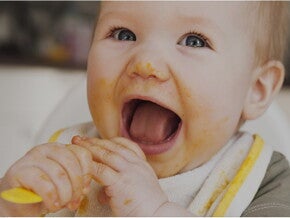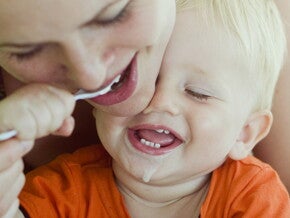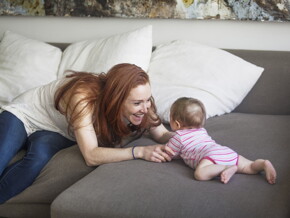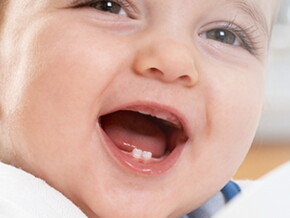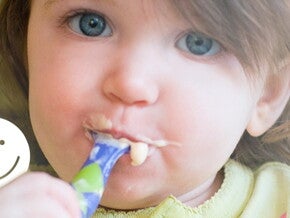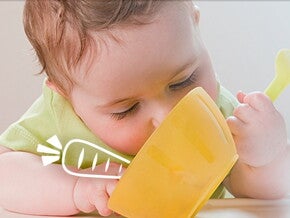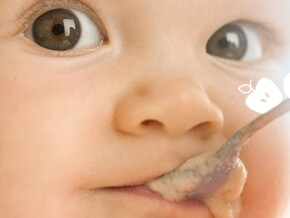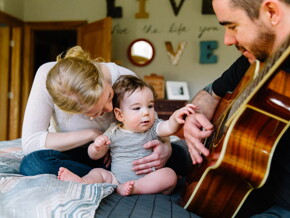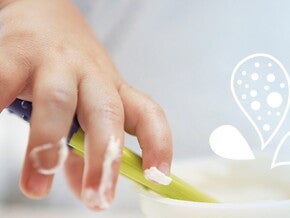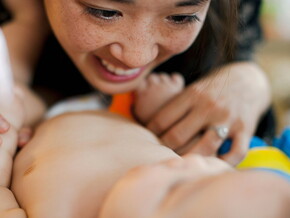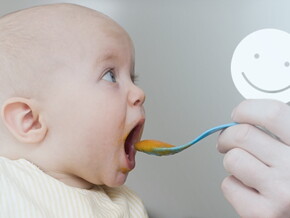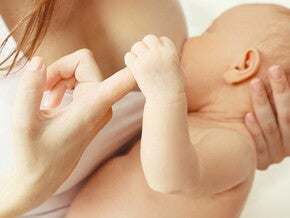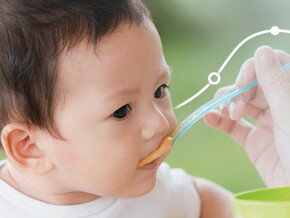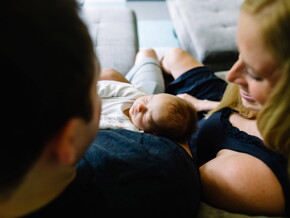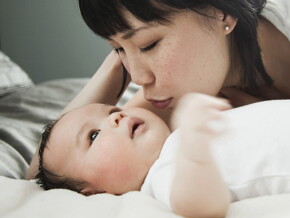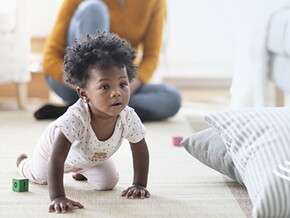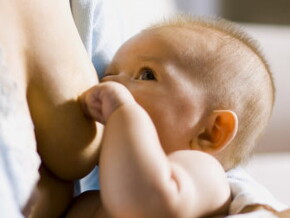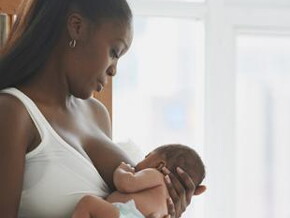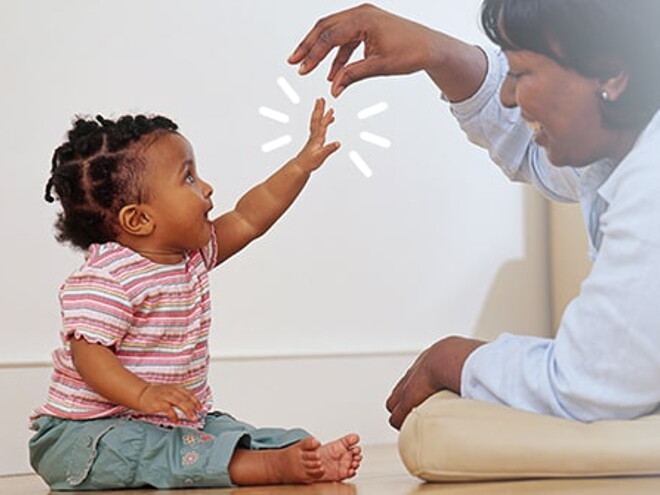
Your baby’s smiles, giggles, and expressions will tell you when they’re having fun during playtime, and you’ll enjoy those special bonding moments too. Yet playing is far more than entertainment for babies. Behind every tower of blocks, every role play, and every word they hear, their life skills are developing fast.
Creative thinking, motor, and problem-solving skills are all learned through play. It’s also during play that your baby will start to learn how to entertain themself. Making active play the family norm, rather than each family member being glued to a screen, is a great way to introduce healthy habits that may last a lifetime. Play also helps promote healthy growth.
Baby talk
One of the ways your baby begins to learn words is by hearing the sounds you make when you talk to them. The number of words babies learn to speak is directly related to the amount of time parents spend talking to their little ones. That’s why it’s so important to have plenty of ‘talking time’, even if the conversation feels a bit one-sided! You might provide a running commentary of what you’re doing (“Look, Mommy’s making your dinner!”) or point out things you can both see when you’re outside (“Look at the black dog!”).
If your baby’s spending this ‘talking time’ in front of the television, they’re missing out on the chance to listen to you and the other adults in their life. Experts have found evidence that watching TV can slow down how quickly your baby learns new words.
Traditional play
A recent study looked at the impact of electronic toys versus traditional toys on language development. Playing with traditional toys and reading books together was superior to playing with electronic toys in promoting rich communication between parents and their babies.
Sources
Christakis DA. The effects of infant media usage: what do we know and what should we learn? Acta Paediatr 2009; 98(1):8-16.
Christakis DA, Gilkerson K, Richards JA et al. Audible television and decreased adult words, infant vocalizations, and conversational turns: a population-based study. Arch Pediatr Adolesc Med 2009; 163(6):554-8.
Sosa AV. Association of the type of toy used during play with the quantity and quality of parent-infant communication. JAMA Pediatr. 2016; 170(2):132-7.




